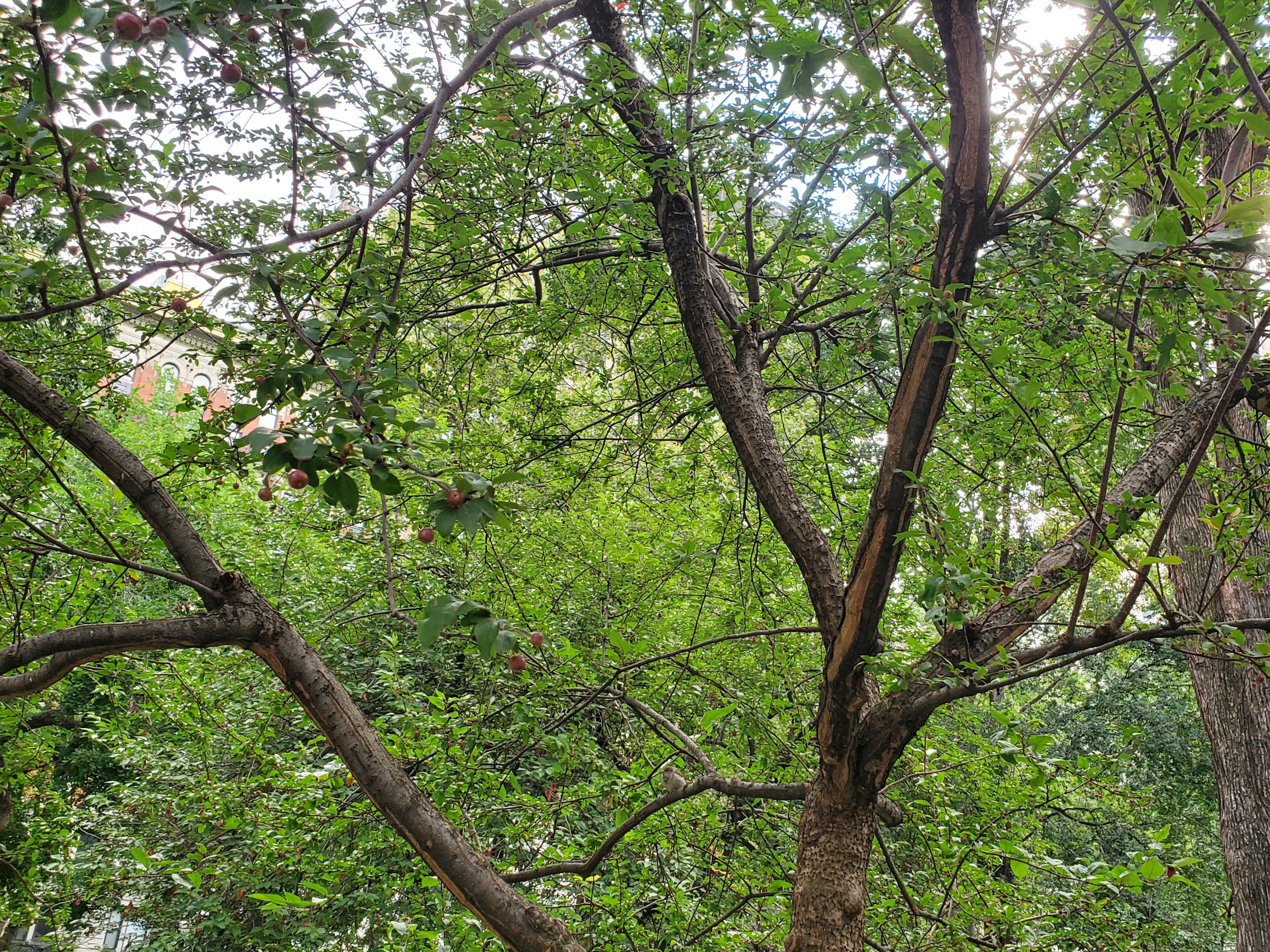This site uses cookies – Learn more.
Climate Week at Madison Square Park
Climate Week at Madison Square Park

September 21- 27 is Climate Week NYC 2020. During this time, the Climate Group, in association with the United Nations and the City of New York will host conversations between business and government leaders in New York City and around the world. They will discuss climate action and together, brainstorm solutions. Here at Madison Square Park we’ve been experiencing change for some time now.
The warm temperatures that have been arriving earlier in the spring impact our traditional schedules for park operations. The past few winters have been so warm, that Park visitorship remains high. February of 2020 only had one day of temperatures below freezing and was the 8th warmest February on record in New York City. Snow storms have remained infrequent but have brought storms of greater intensity when they do impact New York.
Snow can be an important insulator for both microorganisms and hibernating plants. Lack of snowfall allows plants and organisms to become more susceptible to fluctuating temperature and can signal to plants to break dormancy even when the threat of frost is still possible. In winter of 2015, 60 cherry laurel shrubs died due to extreme fluctuations in winter temperatures. These shrubs had been established for over ten years. In the winter of 2018, sudden frosts at Madison Square Park led to extensive frost cracks on ten trees. While these cracks are not immediately hazardous to trees, repeat occurrences can lead to decay.
Late frosts and premature emergence have damaged emerging leaves and flowers. These damages negatively impact pollinators that depend on many early blooms for food after hibernation. These desynchronizations can lead to the decline and eventual extinction of important pollinators. Globally, 40% of insect species are in decline and at risk of extinction. Insects are a key component in maintaining balance in the Park ecosystem. They pollinate our plants, and serve as the base of the food web. If insects in the park decline due to extreme weather, the population of species that depend on them will likely decrease. These late frosts can also create stress on plants which can lead to plant decline and death.
Since 2012, Madison Square Park gardeners have recorded the first daffodil blooms in Madison Square Park. Flower emergence has started over a month earlier in recent years.
New York City has been experiencing increased autumn rainfall. These heavy downpours are detrimental to Park soils. During the summer, our lawns are an oasis for the community at large. However, summers of active lawn use lead to many bare patches on our lawns. Unfortunately, these bare patches are perfect opportunities for soil erosion. Eroded soil washes into drains causing clogs and floods and oftentimes poor water quality where city water can run off into our oceans and bays. Repeated erosion leads to loss of soil fertility making it more and more difficult to reestablish the lawns.
Climate change will affect every aspect of our lives. This climate week I hope you will tune in to some of the conversations in our city and learn how we all can institute positive change for the future.



